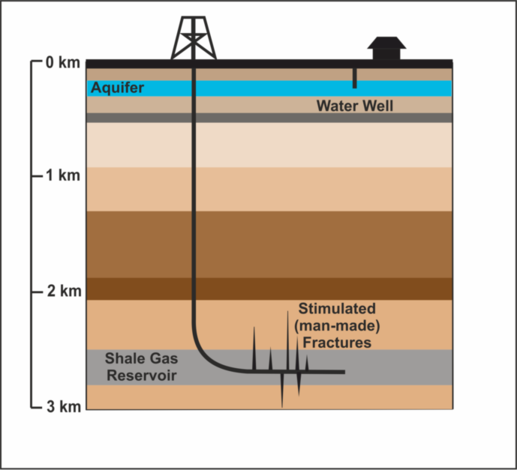Shock waves at UK Government’s announcement to allow fracking

The UK Government decision to lift the moratorium on UK fracking in England has sent shock waves through the energy industry. The decision forms part of the UK Government’s measures to strengthen the UK energy security and desire to be a net energy exporter by 2040. Nicola Sturgeon, First Minister for Scotland has stated that there will be no fracking in Scotland despite the decision in England.
Background to this controversial decision
In a statement the Department for Business, Energy, and Industrial Strategy (BEIS) said
“Lifting the pause on shale gas extraction will enable drilling to gather this further data, building an understanding of UK shale gas resources and how we can safely carry out shale gas extraction in the UK where there is local support.”
However, the announcement has been widely criticised by industry experts. A recent report by the British Geological Society (BGS), commissioned by BEIS, identified the challenges in evaluating and mitigating risks from hydraulic fracturing-induced seismicity as well as predicting the occurrence of larger earthquakes during hydraulic fracturing operations.
Geoscience expertise The Durham Energy Institute
Researchers at The Durham Energy Institute have built a strong, international reputation in the Geosciences over several decades. Both Professor Jon Gluyas, Director of The Durham Energy Institute and Andy Aplin, Professor in the Department of Earth Sciences have made public comments voicing their concerns about the announcement, which are reproduced below.
“Liz Truss hopes to frack us out of the energy crisis by drilling thousands of wells to produce shale gas. It won’t work - societal objections aside, we have the wrong kind of shale and geology which is far too complex. Indeed, even the founder of Cuadrillia - of Lancashire fracking fame a few years ago - says the same.
We have also today seen publication of the latest study by the British Geological Survey for BEIS on human induced seismicity associated with fracking. Basically, we can’t forecast if it will occur and how big the Earth’s response might be. In the executive summary is a short paragraph highlighting that some areas of the UK are critically stressed, a part of our natural geology. Disturb these areas with fracking and you are likely to get more energy out in the form of seismicity than you put in to fracture the rock.
On top of all this, producing more natural gas would increase our greenhouse gas emissions. As a nation we can deliver net zero (carbon) with renewables and geoenergy – geothermal in particular coupled with efficiency and insulation gains. Let us not drown in soundbites but plan and deliver an energy future that is affordable, secure, and sustainable.”
Prof Jon Gluyas, Director Durham Energy Institute
“The BGS report indicates that in terms of the science, little has changed since the 2019 moratorium on fracking. Estimates of commercial shale gas reserves are speculative and our ability to predict the magnitude of fracking-induced earth tremors has barely changed.
Future drilling and fracking would gradually reduce uncertainties around reserves and seismic risks. But even if the risks proved to be manageable and acceptable, shale gas would only make a significant impact to UK supply if, over the next decade, thousands of successful wells were to be drilled at hundreds of sites across northern England. The price we pay for gas wouldn’t change, and new production would be inconsistent with the government’s net zero strategy.
The UK’s primary focus should be on reducing the demand for gas rather than increasing supply”.
Honorary Professor Andrew Aplin, Department of Earth Sciences,
Durham University
Find out more:
UK Government takes next steps to boost domestic energy production press release
'Wrong kind of shale' and 280m year too late: Geologists react to fracking move - Belfast Telegraph


/prod01/prodbucket01/media/durham-university/research-/research-institutes/durham-energy-institute/landscapes-cityscapes-montages-etc/Walney-sunset-2000X800.jpg)